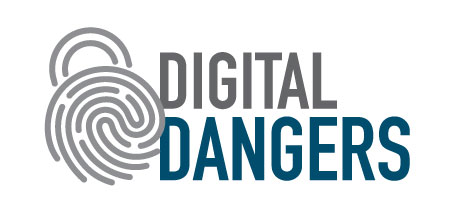Apple tests security feature with potential to foil law enforcement

Dedi Grigoroiu / Shutterstock.com
Apple is testing a new security feature that could put an end to how police unlock encrypted iPhones.
The feature, USB Restricted Mode, is currently the default option in iOS 12 Beta. If the phone has not been unlocked in the previous hour, the feature requires the user to unlock the phone with the correct passcode before using a USB accessory to transfer data. The phone will still charge while locked, according to Motherboard.
This is a particular blow to companies that market iPhone-unlocking technology to law enforcement agencies, like Cellebrite and GrayShift.
“That pretty much kills [GrayShift’s product] GrayKey and Cellebrite,” said Ryan Duff, director of cyber solutions at Point3 Security, to Motherboard. “If it actually does what it says and doesn’t let ANY type of data connection happen until it’s unlocked, then yes. You can’t exploit the device if you can’t communicate with it.”
It is not completely known how each tool works. Forbes reported that GrayKey likely “brute forces” its way onto the device by trying a battery of passwords until one works.
Cellebrite’s website summarized its UFED (Universal Forensic Extraction Device) tool as one where “authorized field personnel can directly extract passwords, disable or bypass user locks and decode data from more than 1,500 mobile applications in minutes.” The company has declined to explain how it works.
According to reports, iPhone 8 through iOS 11, including iPhone X, have been cracked by these tools.

Cybersecurity and the law
A joint production of the ABA Journal and the ABA Cybersecurity Legal Task Force
Motherboard has tracked law enforcement agencies in Florida, Georgia, Indiana, Maryland and New York that have either inquired about, are in the process of procuring or have procured GreyKey. Forbes noted that Customs and Border Protection, the FBI, Immigration and Customs Enforcement and the Secret Service are clients of Cellebrite.
While the FBI has had access to this technology, the agency continues its decades-long advocacy to include “backdoors” in every device to help law enforcement circumvent encryption.
In January, FBI Director Christopher Wray gave remarks about the “Going Dark” problem, where encryption hides communication from law enforcement even after the phone has been taken into evidence.
“This challenge grows larger and more complex every day. Needless to say, we face an enormous and increasing number of cases that rely on electronic evidence. We also face a situation where we’re increasingly unable to access that evidence, despite lawful authority to do so,” he said, putting the number of inaccessible, locked devices at about 7,800.
Since that speech, the FBI has retracted that number “due to an error in methodology,” according to a correction issued. The number of locked phones in the FBI’s possession, according to the Washington Post citing unnamed people familiar with the work, is closer to 1,200.
What is also true is that the FBI has been able to crack these phones for relatively cheap for a few years, according to Nate Cardozo, senior staff attorney at the Electronic Frontier Foundation.
According to Forbes, law enforcement can send the locked phone to Cellebrite to have it unlocked for $1,500. Motherboard reports that U.S.-based GrayKey sells an online version that can unlock 300 phones for $15,000 or an offline version that can unlock an unlimited number of phones for $30,000.
While Cardozo says that these tools are unlikely to be owned by local law enforcement because of cost and usability, “its a lot cheaper to buy a GrayKey than use traditional policing.”



